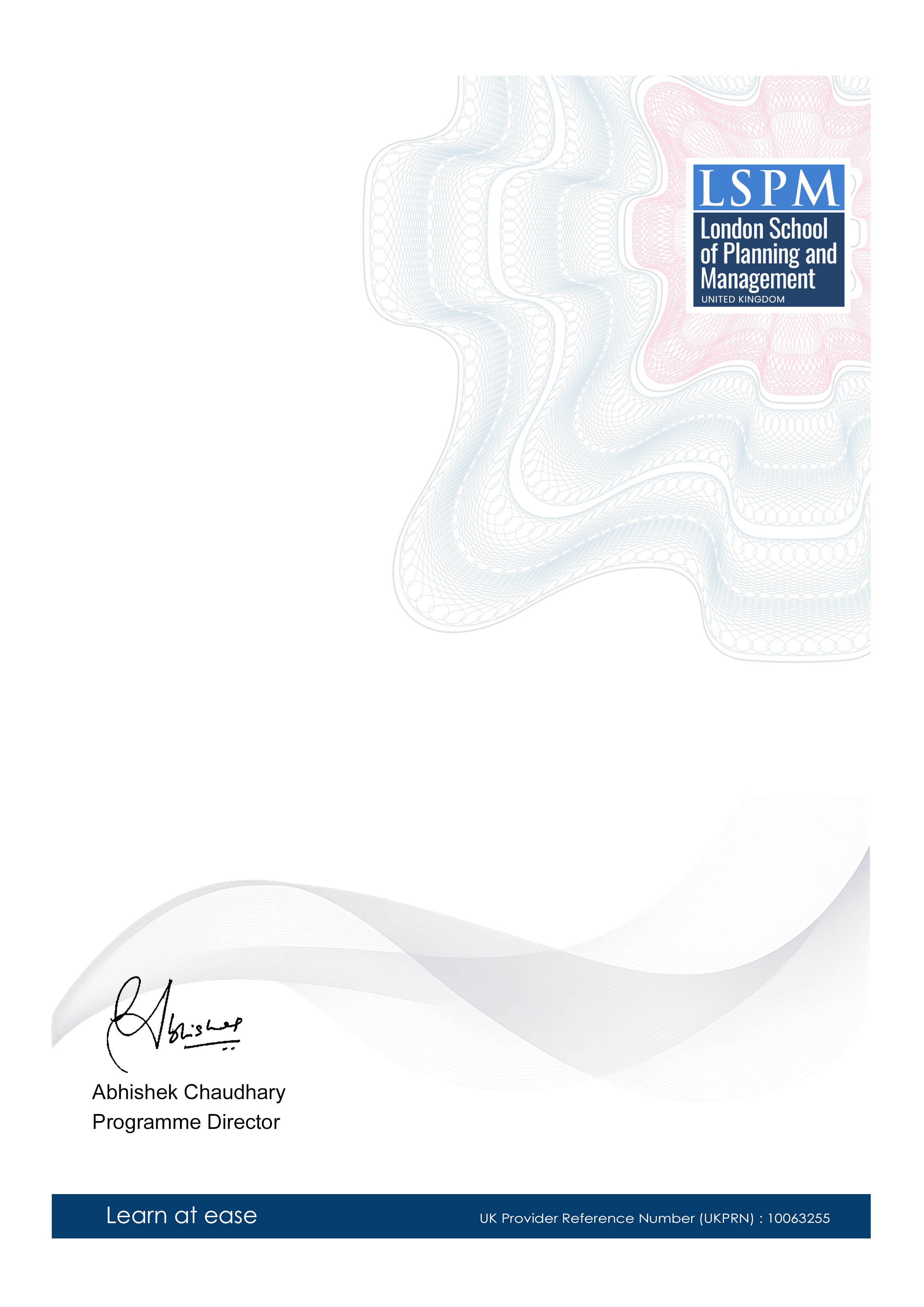Masterclass Certificate in Environmental Risk Assessment for Clean Energy
-- viewing nowThe Masterclass Certificate in Environmental Risk Assessment for Clean Energy is a comprehensive course that equips learners with critical skills for career advancement in the clean energy sector. This course is designed to address the growing industry demand for professionals who can conduct thorough environmental risk assessments, ensuring sustainable and responsible clean energy projects.
6,164+
Students enrolled
GBP £ 149
GBP £ 215
Save 44% with our special offer
About this course
100% online
Learn from anywhere
Shareable certificate
Add to your LinkedIn profile
2 months to complete
at 2-3 hours a week
Start anytime
No waiting period
Course details
• Fundamentals of Environmental Risk Assessment: An introduction to environmental risk assessment concepts and processes, focusing on clean energy applications.
• Clean Energy Technologies: Overview of various clean energy technologies, such as solar, wind, hydro, geothermal, and bioenergy, and their environmental impacts.
• Environmental Legislation and Policy: Examination of national and international laws and policies related to environmental risk assessment and clean energy promotion.
• Site Selection and Evaluation: Methodologies for assessing sites for clean energy projects, considering environmental risks and potential impacts.
• Environmental Impact Assessment: Techniques and best practices for conducting environmental impact assessments for clean energy projects.
• Risk Identification and Analysis: Techniques and tools for identifying and analyzing environmental risks associated with clean energy projects, including climate change considerations.
• Risk Management and Mitigation Strategies: Approaches for managing and mitigating environmental risks associated with clean energy projects, including emergency response planning and stakeholder engagement.
• Monitoring and Reporting: Methods for monitoring, evaluating, and reporting environmental risks and impacts associated with clean energy projects.
• Case Studies in Environmental Risk Assessment: Analysis of real-world examples of environmental risk assessment in the context of clean energy projects.
Career path
Entry requirements
- Basic understanding of the subject matter
- Proficiency in English language
- Computer and internet access
- Basic computer skills
- Dedication to complete the course
No prior formal qualifications required. Course designed for accessibility.
Course status
This course provides practical knowledge and skills for professional development. It is:
- Not accredited by a recognized body
- Not regulated by an authorized institution
- Complementary to formal qualifications
You'll receive a certificate of completion upon successfully finishing the course.
Why people choose us for their career
Loading reviews...
Frequently Asked Questions
Course fee
- 3-4 hours per week
- Early certificate delivery
- Open enrollment - start anytime
- 2-3 hours per week
- Regular certificate delivery
- Open enrollment - start anytime
- Full course access
- Digital certificate
- Course materials
Get course information
Earn a career certificate

